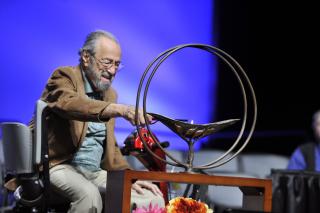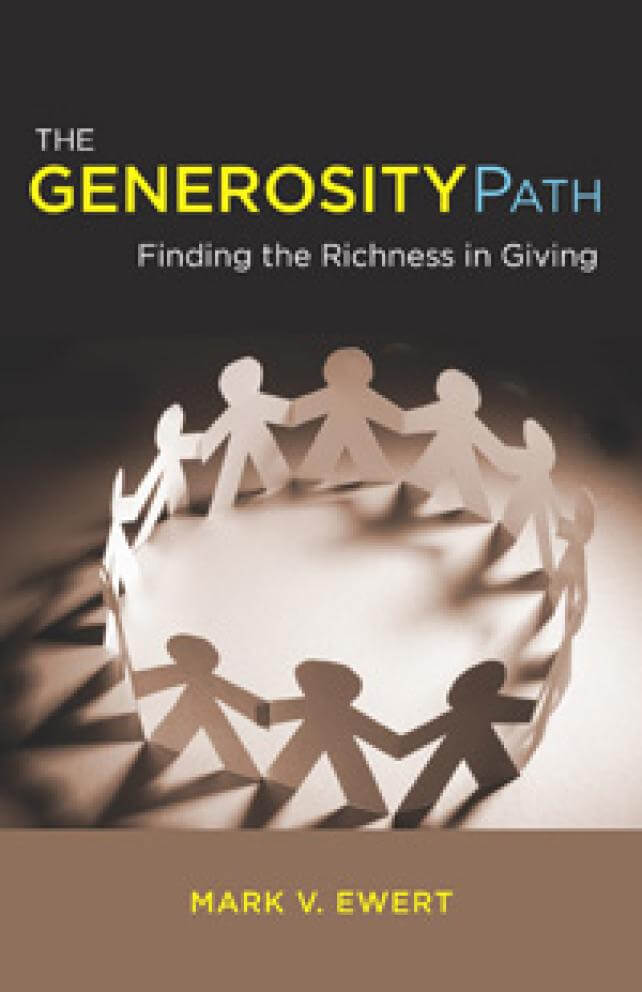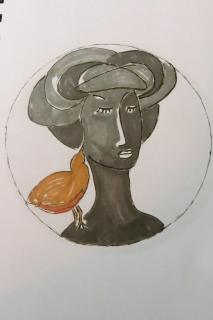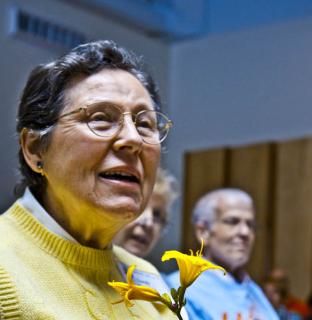Legacy
What kind of legacy will we leave, both tangible and intangible? Will we be remembered for our music? art? sense of humor? love of life? care and compassion? What ethical commitments and values will we pass on? What plans do we have for our tangible assets, including financial resources? What role do our Unitarian Universalist values and faith play in how we shape a legacy?
Ethical Wills
Leaving an ethical will is a practice that comes to us from the Jewish tradition. Preparing an ethical will is a way to tell loved ones what lessons you have learned along the way in your life, the ethical, spiritual, and religious values that you have honored and upheld, and the wisdom you want to pass along to those that will follow. While not legally binding, it is a deeply personal statement that allows others to understand more fully the legacy you leave behind. While in the past an ethical will was a written document, today people are experimenting with video, audio, and other means of creating one. Here are some resources to help you find out more and create your own ethical will:
- Writing and Reading Ethical Wills, by Rabbi Jack Riemer, explains the history and cultural context of ethical wills.
- Ethical Wills/Legacy Letters, on the Celebrations of Life website, provides instruction and examples of ethical wills.
- The Ethical Will, an Ancient Concept, is Revamped for the Tech Age, by Constance Gustke, New York Times, October 31, 2014, explains how ethical wills are being re-visioned today.
- Unitarian Universalist Randy Pausch’s Last Lecture, Really Achieving Your Childhood Dreams is an example of an ethical will done via video. If you are unable to stream the lecture from the Internet, purchase a copy of the DVD from Carnegie Mellon University or obtain a copy from your public library.
- From the High Hill: Odyssey Writing for Elders offers help with reviewing your life and gathering your thoughts before creating an ethical will. 2 weekend retreats frame a period of personal work.
- In Later Years, by Bruce T. Marshall (Skinner House, 2018). A Unitarian Universalist minister and chaplain explores questions of meaning and spirituality in aging through the stories and experiences of elders. The book includes personal reflection questions and instructions for writing an ethical will.
Legacy Giving
Among the many decisions older adults need to make is how to designate future recipients of their financial resources. It is important to consult with a trusted financial advisor and attorney about the particulars of writing a legal will. In addition, you may want to consider how a legacy gift to your faith community or to another organization that embodies your values can allow that which you value to continue to thrive after you die.
- Don't Miss the Opportunity to Strengthen your Organization through Charitable Giving, by Caleb B. Rich, Guidestar, February 2011, answers many practical questions about legacy giving. While written with charities in mind, this article is helpful in explaining legacy giving to the donor as well.
- The Generosity Path: Finding the Richness in Giving, by Mark V. Ewert, sheds new light on our finances—connecting money to our values, beliefs, and loves and promoting skills and strategies in charitable giving. The book includes tools for reflection and inspiring personal stories.
- The Wi$dom Path: Money, Spirit, and Life (12 90-minute workshops)
Helps participants understand how money can be a more effective force for living lives of meaning and value, and for creating positive change. - Our Planned Giving team offers complete information about making a gift to the Unitarian Universalist Association (UUA) and/or to Unitarian Universalist congregations, groups, and organizations.
The Generosity Path Finding the Richness in Giving
By Mark V. Ewert
With easy-to-read guidance, The Generosity Path sheds new light on our finances—connecting money to our values, beliefs, and loves—promoting skills and strategies in charitable giving.






